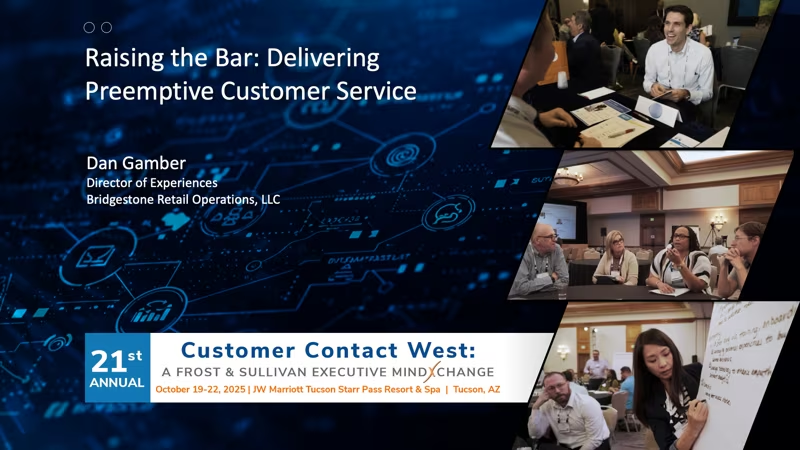Introduction – What is Telehealth?
Telehealth is defined as the delivery and facilitation of health and health-related services including medical care, provider and patient education, health information services, and self-care via telecommunications and digital communication technologies. Live video conferencing, mobile health apps, “store and forward” electronic transmission, and remote patient monitoring (RPM) are examples of technologies used in telehealth.
There was a gap in the dialysis industry with regards to additional support for patients during the first 90 days of starting dialysis. Baxter identified this as an opportunity to utilize telehealth technology along with RPM through our connected devices to provide additional support for patients during their first 90 days on dialysis.
Some of the learnings:
- Technology – We had a lot of technology that supported in-bound technical interactions the gap was none of these supported outbound interactions. Whilst we managed to launch with a combination of manual processes and some of the legacy technology. This became a major problem as the programs grew.
- Value Proposition – This is key as you start to go out and sell this – ensure that its clear on what the problem statement that the telehealth service is going to solve is. Also look at the telehealth process and have it clearly defined where in the process the value sits (value stream mapping).
- Reporting – Ensuring that you have reporting capabilities that support the program and help to deliver the value proposition. Telehealth programs capture a ton of data and you need to ensure that you have mechanisms for providing this data back to providers whilst ensuring the data is being managed securely!
- Data – We had to ensure that our telehealth nurses had ALL the relevant data to deliver the service BUT we needed to ensure that this data was secured and was relevant to the program and the program deliverables. This was new to our organization and this was a journey to get us to where we are today!
- Resourcing – We had to look at our resourcing model to ensure that we were balancing inbound and outbound interactions whilst ensuring that the nurses were focused on the parts of the telehealth process that was adding the most value! We are still figuring this out – its constantly evolving!
- Program Evolution – We went in to this thinking that we would deliver a better patient experience and support busy dialysis clinics. We also very quickly started to realize some un-met needs. You need to ensure that you are constantly analyzing the data and talking to your customers! We have been able to grow this program based on the un-met needs that we started to understand post launch! This is key for any telehealth program.
- Your Customers are Key – Keep close to your customers as you launch and adapt your programs to their individual needs. We realized that a very rigid program was not going to meet all of our customer’s needs so we created a menu offering for our program. Then, customers could pick what would add the most value to their patients. This made this program unique and customers felt that we were listening to them and delivering a program that was very bespoke to what they needed!
Conclusion
We were the first in our industry to launch telehealth and since COVID we have been able to place our services at the very heart of a dialysis clinic. We are seen as a trusted partner that will support patients during those first 90 days! Telehealth has enabled us to offer services over and above the traditional technical support and ensures greater stickiness in using our products and services in the future.
If you would like more information about telehealth please reach out to Jason directly ([email protected]).
Jason Mercer-Pottinger is Renal Therapy Services (RTS) Operations Director for Baxter International. He has nearly 30 years’ experience within the Contact Center industry globally, and has built service strategies in most regions of the globe, supporting both in-sourcing and out-sourced solutions. Jason has been with Baxter for the last 16 years, for the last 6 he has been based out of their global headquarters in Deerfield Illinois.
Jason’s group provides support to renal patients who are receiving renal dialysis in their home. Overall, the team provides technical and clinical support for 80,000 patients globally along with providing tech support across the rest of the Baxter Portfolio.



